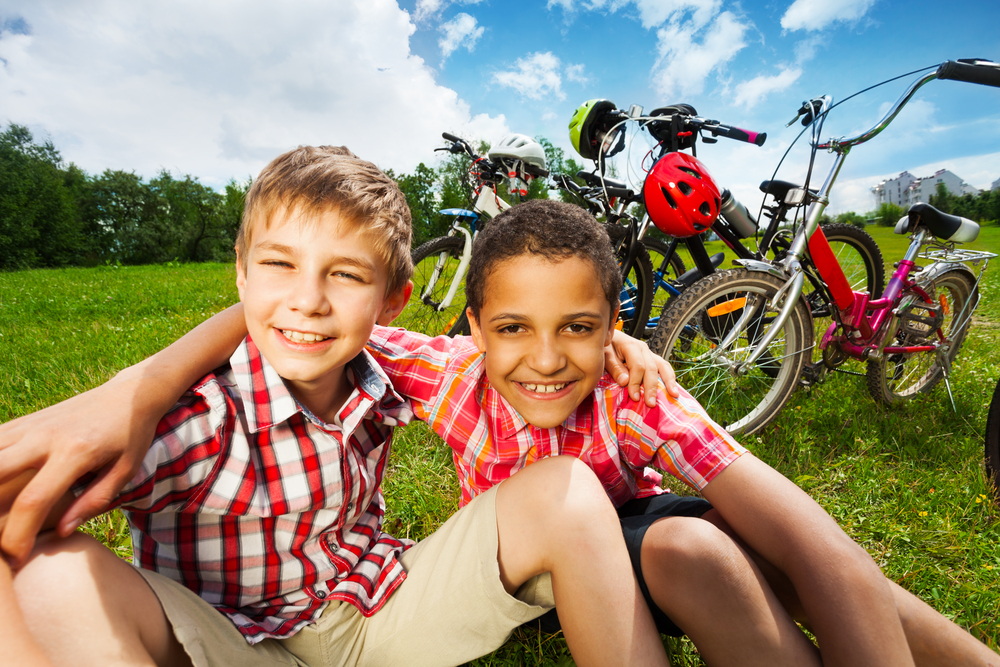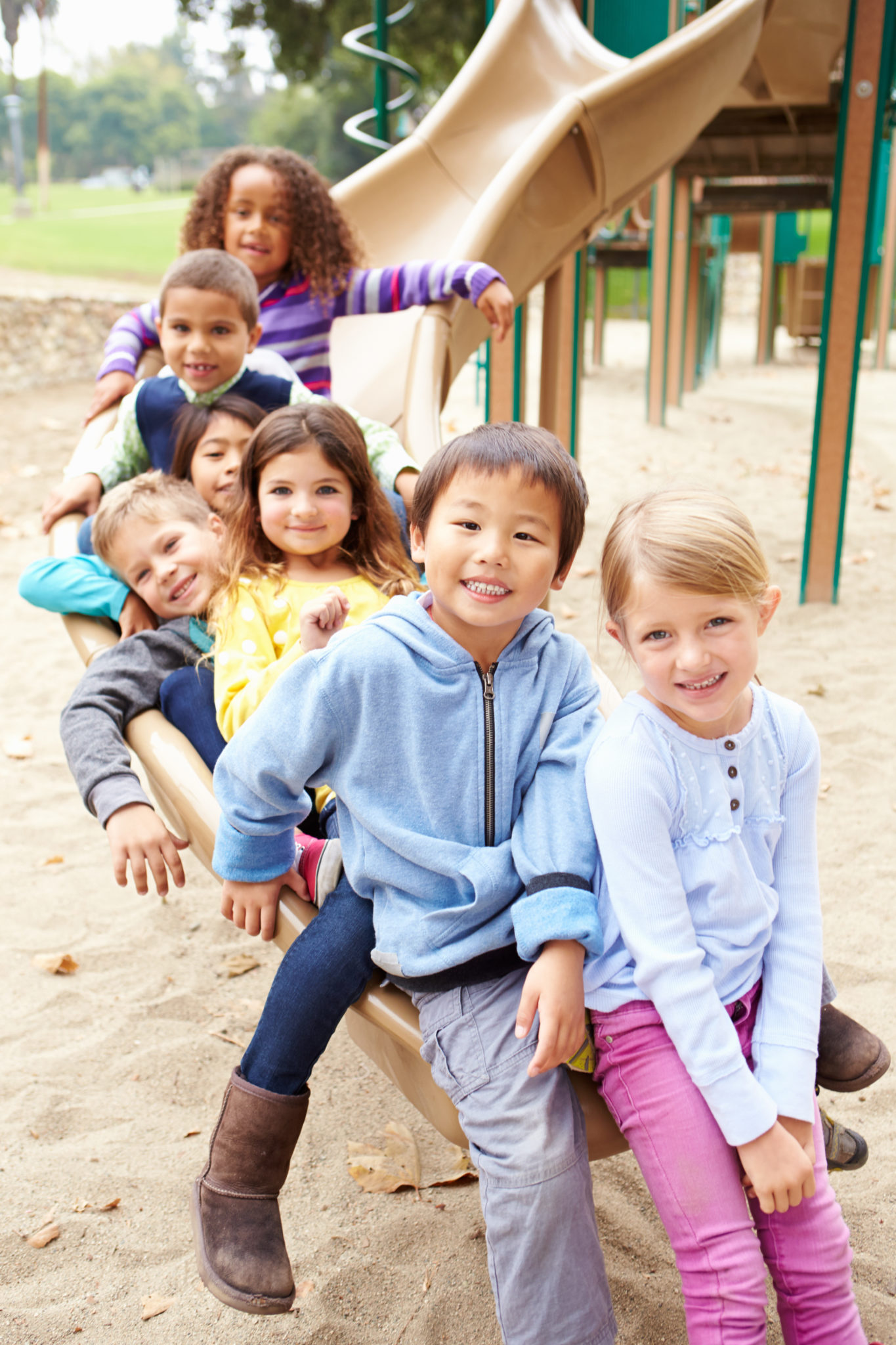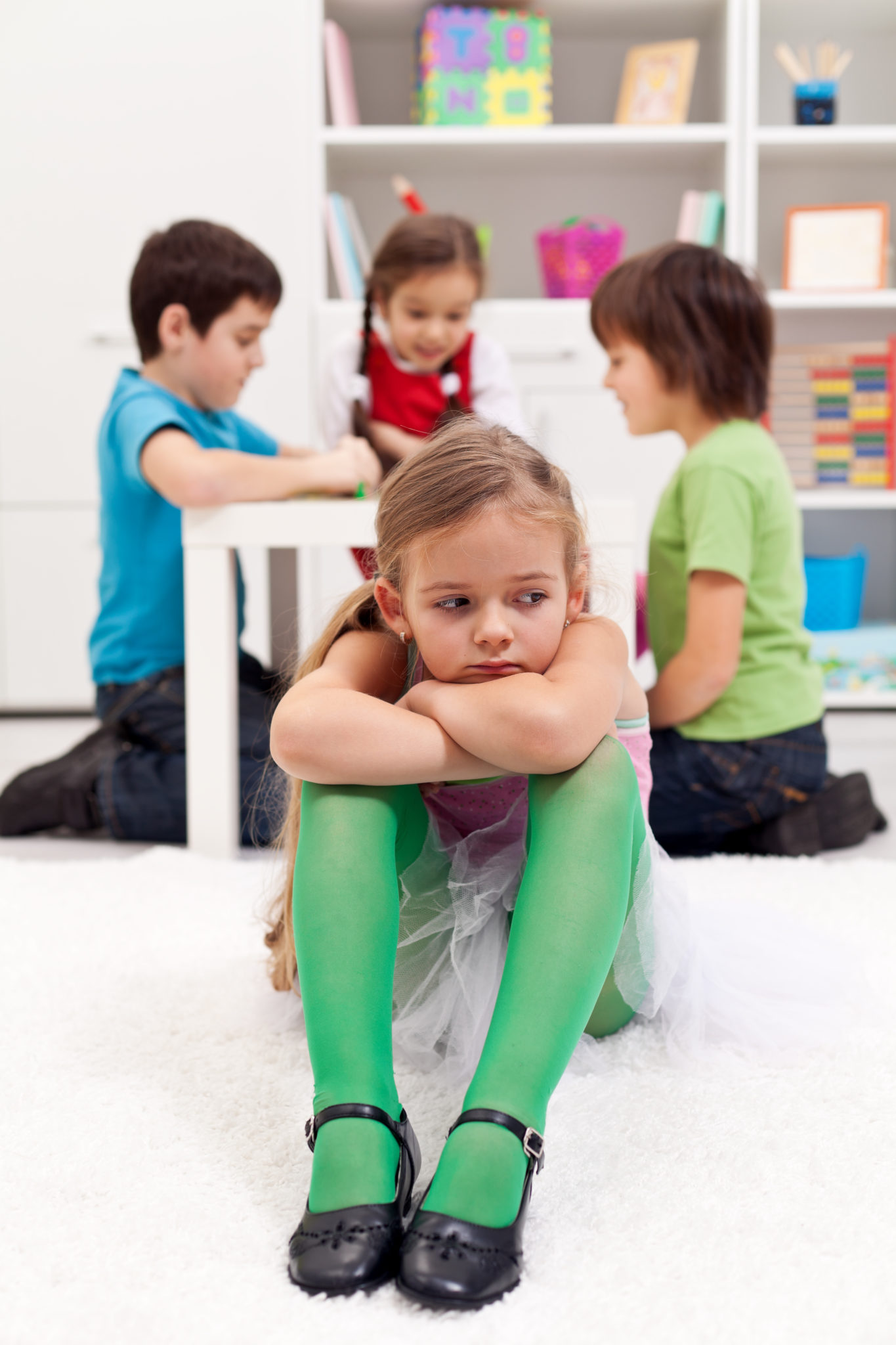Social Skills Groups
What are social skills?
Social or Interpersonal Intelligence is the capacity to discern and respond appropriately to the moods, temperaments, motivations and desires of other people.
Such a capacity is dependent on two things:
- A deep understanding of interpersonal dynamics
- An ability to use a wide range of interpersonal tools skillfully.
For those of us fortunate enough to have good interpersonal skills, it is easy to take for granted all that goes into social competence. But for those who struggle socially, interpersonal demands and expectations can seem overwhelming.



The importance of social skills
Our Social Intelligence helps determine the quality of relationships we will have in our lives. Good social skills open a child up to a world of possibilities and enrichment, while inadequate skills can constrict a child’s world in immeasurable ways.
The benefits of good social relating:
- Sense of mastery and belonging in the world
- Increased sense of confidence and self-esteem
- Increased ability to cope with stress
- Increased opportunity for emotional support
- Increased sense of empathy
- Increased likelihood to engage in cooperative activities
- The ability to express oneself emotionally
- Overall increase in resilience and wellbeing
Negative effects of poor social relating:
- Low self-esteem
- Increased likelihood of depression
- Negative impact on academic performance
- Susceptibility to bullying
- Sense of social isolation
- Lack of efficacy
- Increased susceptibility to peer pressure
- Increased probability of delinquent behavior
- Increased likelihood of aggressive acting out
Does your child have a problem with social skills?
If you suspect that your child has some difficulty with social interaction, the following questions can help identify a problem.
Does your child have difficulty:
- Entering or joining in a group?
- Keeping a friend?
- Taking personal responsibility for his or her actions?
- Relating to peers?
- Carrying on reciprocal conversations?
- Making eye contact?
- Reading social cues?
- Knowing when to stop?
- Understanding social appropriateness?
- Feeling comfortable in social situations?
- Dealing with teasing and provocation?
- Effectively managing conflicts?
- Successfully participating in group activities?
- Responding to failure or disappointment?
- Responding to success?
- Meeting the expectations of peers, parents, or teachers?
- Considering other people’s feelings?

